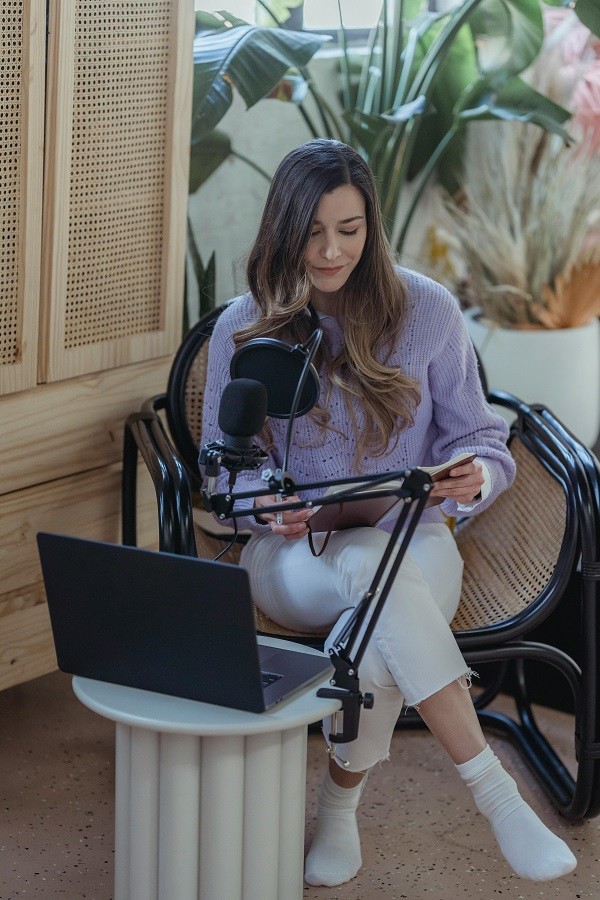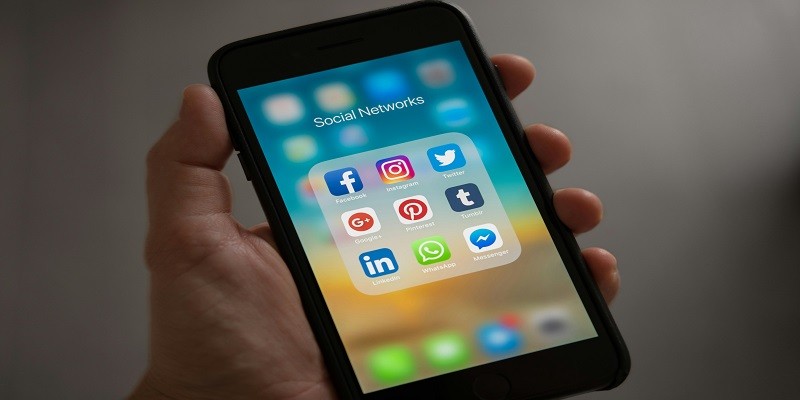The Impact of Social Media on Society: A Digital Revolution
Social media has had a profound impact on society, transforming it into a digital revolution. It has revolutionized communication, altered social dynamics, and influenced various aspects of life, such as politics and business.
As a result, society is now more interconnected than ever before, with individuals relying heavily on social media platforms for information, entertainment, and social interactions. This transformation has both positive and negative consequences, as it has enabled global connectivity and provided a platform for marginalized voices, but it has also raised concerns regarding privacy, mental health, and the spread of misinformation.
Overall, social media’s impact on society is undeniable and continues to shape our lives in significant ways.

The Rise Of Social Media
Social media has revolutionized how people connect and communicate globally.
Changing Communication
Social media platforms have transformed the way individuals interact and share information.
- Instant communication through likes, comments, and messages.
- Real-time updates keep users informed and connected.
- Enhanced collaboration through sharing posts and engaging with content.
Global Connectivity
Social media has bridged geographical barriers, fostering connectivity across borders.
- Diverse perspectives are exchanged on a global scale.
- Cultural exchange promotes understanding among diverse communities.
- Networking opportunities enhance career growth and collaboration.
Social Media And Relationships
Social media has revolutionized the way we connect and interact with others, transforming the dynamics of personal relationships. The widespread use of platforms such as Facebook, Instagram, and Twitter has enabled people to connect with friends, family, and even strangers from all corners of the globe. However, this digital revolution has also had a profound impact on personal relationships and social interaction as a whole.
Impact On Personal Relationships
Social media has both positive and negative effects on personal relationships. On one hand, it allows individuals to maintain long-distance relationships, bridges the gap between old friends, and strengthens family ties. Platforms like Facebook provide a virtual gathering place where people can share updates, photos, and memories, creating a sense of community and connection. These platforms also facilitate communication during challenging times, allowing individuals to offer support and express empathy even when physically distant.
On the other hand, social media can contribute to relationship strain and conflict. The constant exposure to the highlight reels of others’ lives can lead to feelings of envy, dissatisfaction, and insecurity. Comparison becomes inevitable, feeding into the fear of missing out (FOMO) phenomenon. Moreover, the over-reliance on digital communication may diminish face-to-face interactions, leading to a lack of intimacy and depth in personal relationships. It is essential to strike a balance between virtual and physical connections to maintain healthy relationships.
Social Interaction
While social media opens up avenues for communication, it also alters the dynamics of social interaction. Online platforms provide a space where individuals can express their opinions, engage in discussions, and collaborate on projects. It allows people to be part of communities that share common interests and passions, fostering a sense of belonging.
However, social media can also hinder genuine social interaction. The comfort of behind-the-screen communication may discourage face-to-face interactions and discourage verbal and non-verbal cues essential for effective communication. Additionally, the anonymity provided by online platforms may facilitate the spread of negativity, cyberbullying, and the loss of empathy.
| Positive Effects | Negative Effects |
|---|---|
|
|
When leveraging the power of social media, it is crucial to be mindful of its impact on personal relationships and social interaction. Striking a balance between the digital and physical world is key to maintaining meaningful connections and ensuring genuine social interaction.
Social Media And Mental Health
Social media has revolutionized societal interactions, but its impact on mental health raises concerns. Continuous exposure to idealized images and cyberbullying can result in anxiety, depression, and low self-esteem. It is crucial to promote healthy online behaviors and digital detox to mitigate the negative effects of social media on mental well-being.
Addiction And Dependency
Social media has become an integral part of our daily lives, with platforms like Facebook, Instagram, and Twitter consuming a significant amount of our time. As we scroll through endless feeds, it’s easy to lose track of time and become addicted to the constant stream of updates, likes, and comments. The dopamine rush we experience when receiving notifications can make social media addictive, leading to a dependency that disrupts our daily routines and affects our mental health. This addiction can cause us to neglect our responsibilities, damage relationships, and hinder our ability to focus on other aspects of our lives.
Impact On Well-being
The impact of social media on our well-being cannot be underestimated. Constant exposure to curated images and carefully crafted highlight reels of others’ lives can lead to feelings of inadequacy, jealousy, and low self-esteem. Comparing ourselves to others based on their social media personas can create unrealistic expectations and a negative self-image.
The pressure to present a perfect life online can push individuals into a vicious cycle of seeking validation and approval from others. This can lead to anxiety, depression, and a sense of isolation. Engagement in cyberbullying, trolling, and the spread of harmful content further exacerbate these negative effects, adding to the mental health burden experienced by many social media users.
Additionally, the incessant exposure to filtered and edited images can distort our perception of reality. We may develop a distorted self-image, constantly feeling the need to alter our appearance to fit the societal standards propagated online. This constant quest for validation fuels body dysmorphia and causes dissatisfaction with our physical selves.
It is vital to recognize and address the detrimental impact of social media on our mental well-being. Moreover, understanding the signs of addiction and dependency can help us take proactive steps toward striking a healthy balance between our online and offline lives.
Social Media And News Consumption
Social media has revolutionized how people consume news. The instantaneous nature of platforms like Facebook and Twitter allows information to spread rapidly.
Dissemination Of Information
Social media platforms enable quick and widespread dissemination of news articles and updates. Users can share posts instantly, reaching a large audience in a matter of seconds.
Filter Bubbles
Filter bubbles are formed when individuals are only exposed to content that aligns with their beliefs. Social media algorithms personalize feeds, potentially limiting diverse perspectives.
Frequently Asked Questions
What Are The Positive Effects Of Social Media On Society?
Social media facilitates global connectivity, encourages free expression, and promotes social awareness and activism.
How Does Social Media Contribute To Societal Change?
Social media empowers individuals and communities to advocate for social causes, share diverse perspectives, and challenge traditional power structures.
What Are The Potential Negative Impacts Of Social Media On Society?
Social media may contribute to mental health issues, privacy concerns, and the spread of misinformation, leading to social polarization.
Can Social Media Platforms Influence Political Discourse And Public Opinion?
Yes, social media platforms can shape political narratives, mobilize voters, and impact public sentiment on important societal issues.
How Can Individuals Navigate The Impact Of Social Media On Their Lives?
By practicing digital literacy, critical thinking, and mindful usage, individuals can harness the benefits of social media while mitigating its potential drawbacks.
Conclusion
The social media revolution has reshaped society, creating new connections and challenges. As we navigate this digital landscape, understanding its profound impact is crucial. Embracing the positives while addressing the negatives will shape a more balanced future for all. Let’s navigate this digital realm with awareness and resilience.

